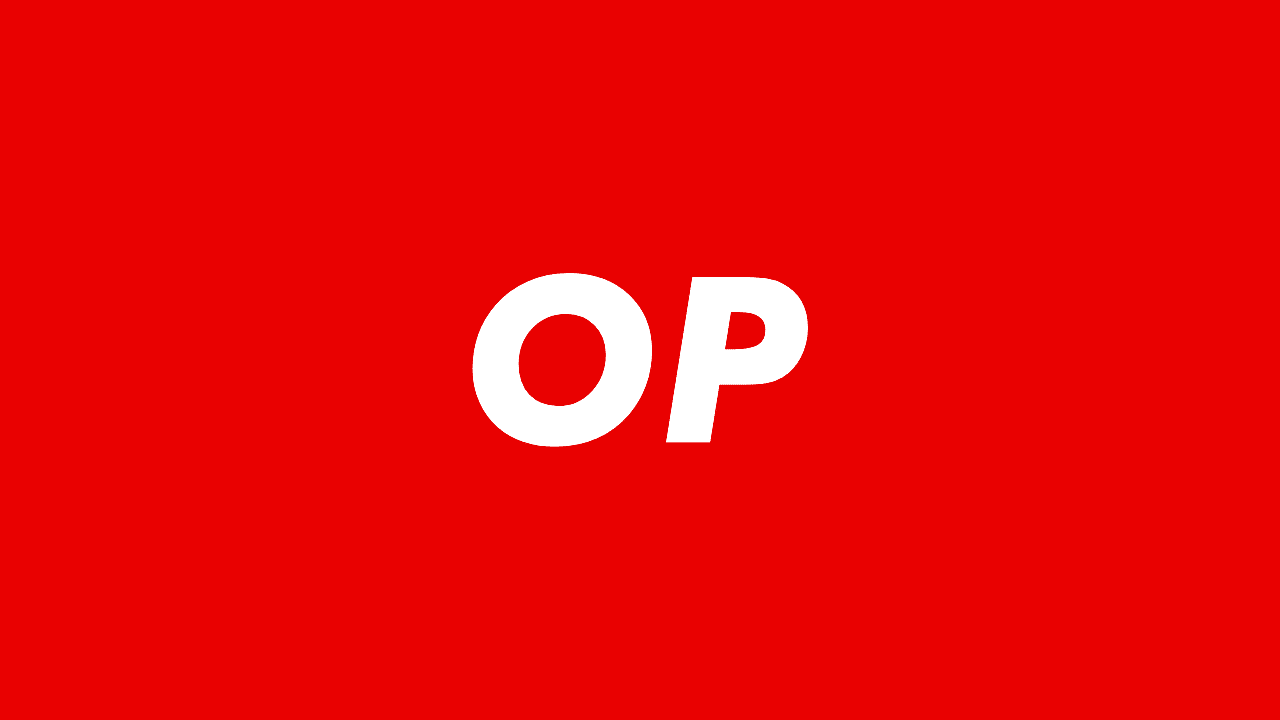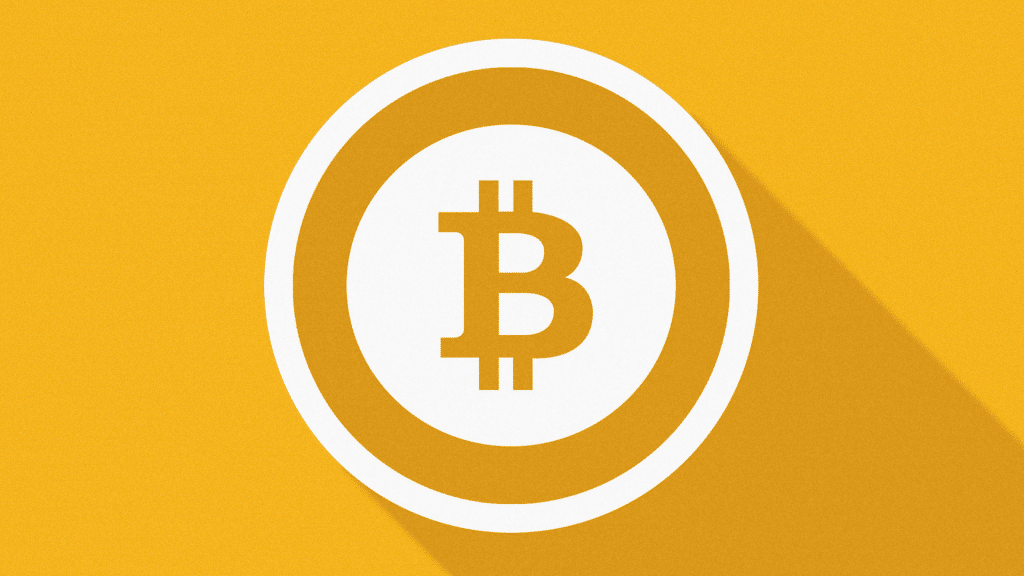Bitcoin adoption in Pakistan continues to grow without regulatory clarity.


Pakistan is one of the emerging markets in Southeast Asia with a population of approximately 250 million people, the majority of whom live below the poverty line.
Pakistani people are hopeful. Many believe that good times are ahead and that the country’s future is bright amid the political turmoil and plummeting financial situation in 2023. However, overall things appear to be going well, with the Karachi Stock Exchange (KSE) reaching historic highs. Best time.
“Bitcoin Pakistan”, a community of like-minded technology and Bitcoin enthusiasts in Pakistan, organized its first physical networking event in Lahore last month in November. There is growing interest in understanding Bitcoin as an inflation hedge and a global payments network.
However, Pakistanis are also afraid of the legitimacy of cryptocurrencies. Many people seem reluctant to speak publicly about this for fear of consequences from the authorities. There is a common misconception that Bitcoin is banned or illegal in Pakistan.
The Central Bank of Nigeria has imposed a similar ban on cryptocurrency transactions through banks in 2021. However, after witnessing the growing demand for Bitcoin and its usage in Nigeria, the CBN lifted the ban and provided clear guidelines through its latest circular.
The Central Bank of Nigeria said:
“However, recent trends globally have shown that there is a need to regulate the activities of virtual asset service providers (VASPs), including cryptocurrencies and crypto assets.”
In contrast, the Central Bank of Pakistan warned the public through a circular issued in 2018 that cryptocurrencies are not legally tendered, issued or guaranteed by the government of Pakistan. It has also been clarified that SBP does not authorize or grant any license to any person or entity for issuance, sale, purchase, exchange or investment of Virtual Currency (VC)/Coins/Tokens in Pakistan. Accordingly, all regulators are advised to refrain from handling, using, trading, holding, transferring value, promoting and investing in virtual currencies/tokens.
On the other hand, Bitcoin adoption has increased significantly in Pakistan despite the absence of regulated exchanges. People use P2P services like Binance, Paxful and other OTC trading methods to earn Bitcoin in Pakistan.
The numbers may not be exact, but Pakistan appears to have one of the highest Bitcoin adoption rates among developing emerging markets.
Pakistan’s rapid adoption of Bitcoin can be explained by annual inflation exceeding 25%, which has been worsening over the past few years amid political turmoil and pressure from the International Monetary Fund (IMF).
The freelancing industry is thriving and Pakistan is one of the top countries exporting IT services. The freelance community has shifted to storing most of its wealth in foreign currencies such as USD or GBP, and the number of freelancers holding Bitcoin or USDT as an inflation hedge has increased significantly since the coronavirus crisis.
Bitcoin is an unstoppable revolution. Many other countries have realized this and are working to create regulations to keep up with innovations in the digital world. The government’s friendly regulations and strict crackdown on cryptocurrency scams in Pakistan could open the door to new opportunities and attract significant investments that could help pull Pakistan out of its debt crisis.
This is a guest post by Farooq Ahmed.. The opinions expressed are solely personal and do not necessarily reflect the opinions of BTC Inc or Bitcoin Magazine.

